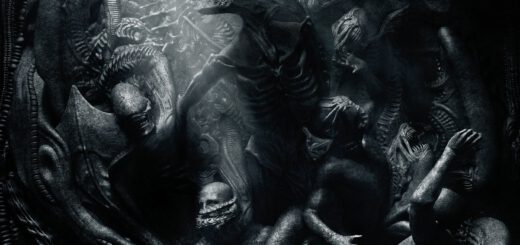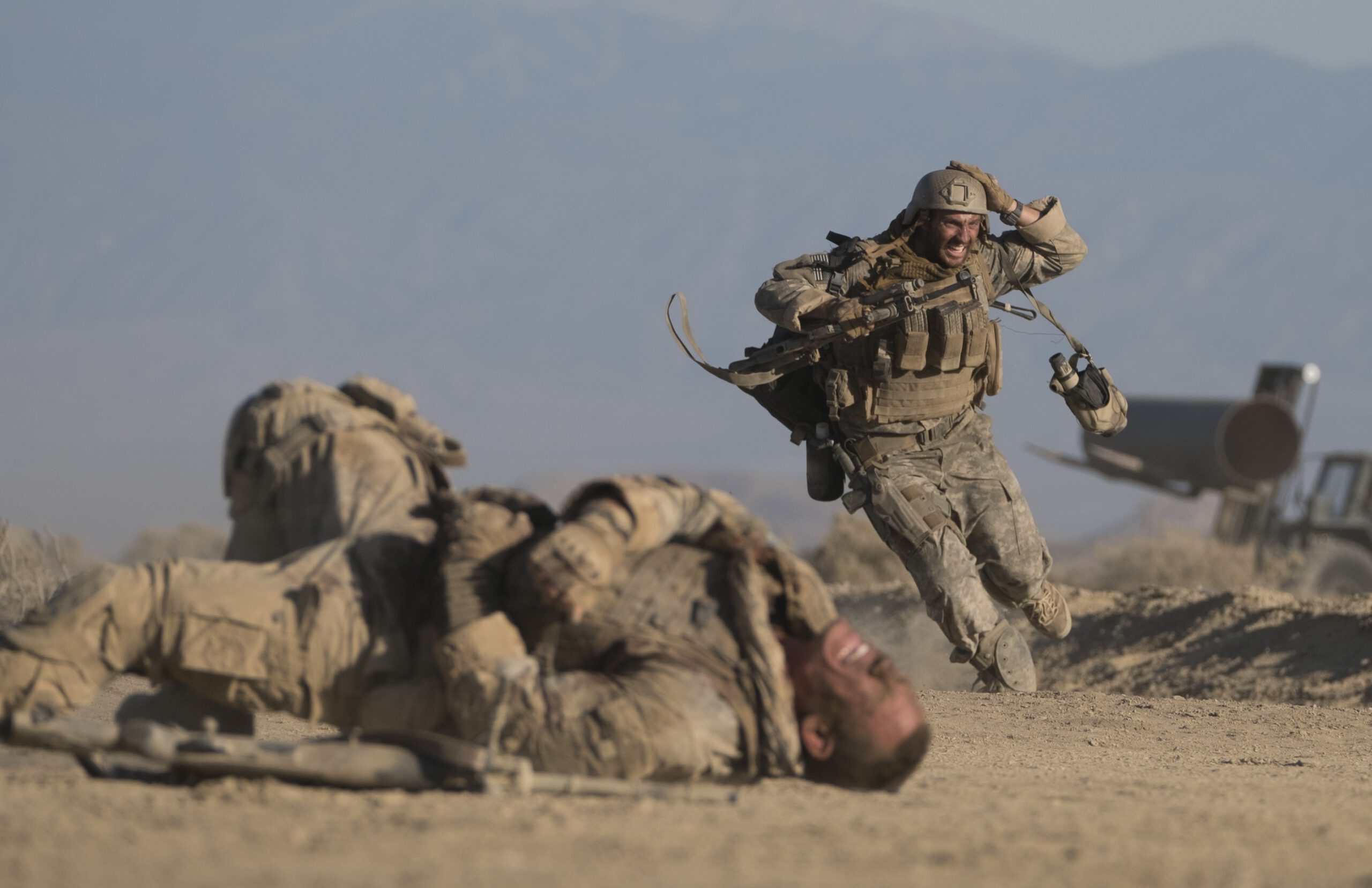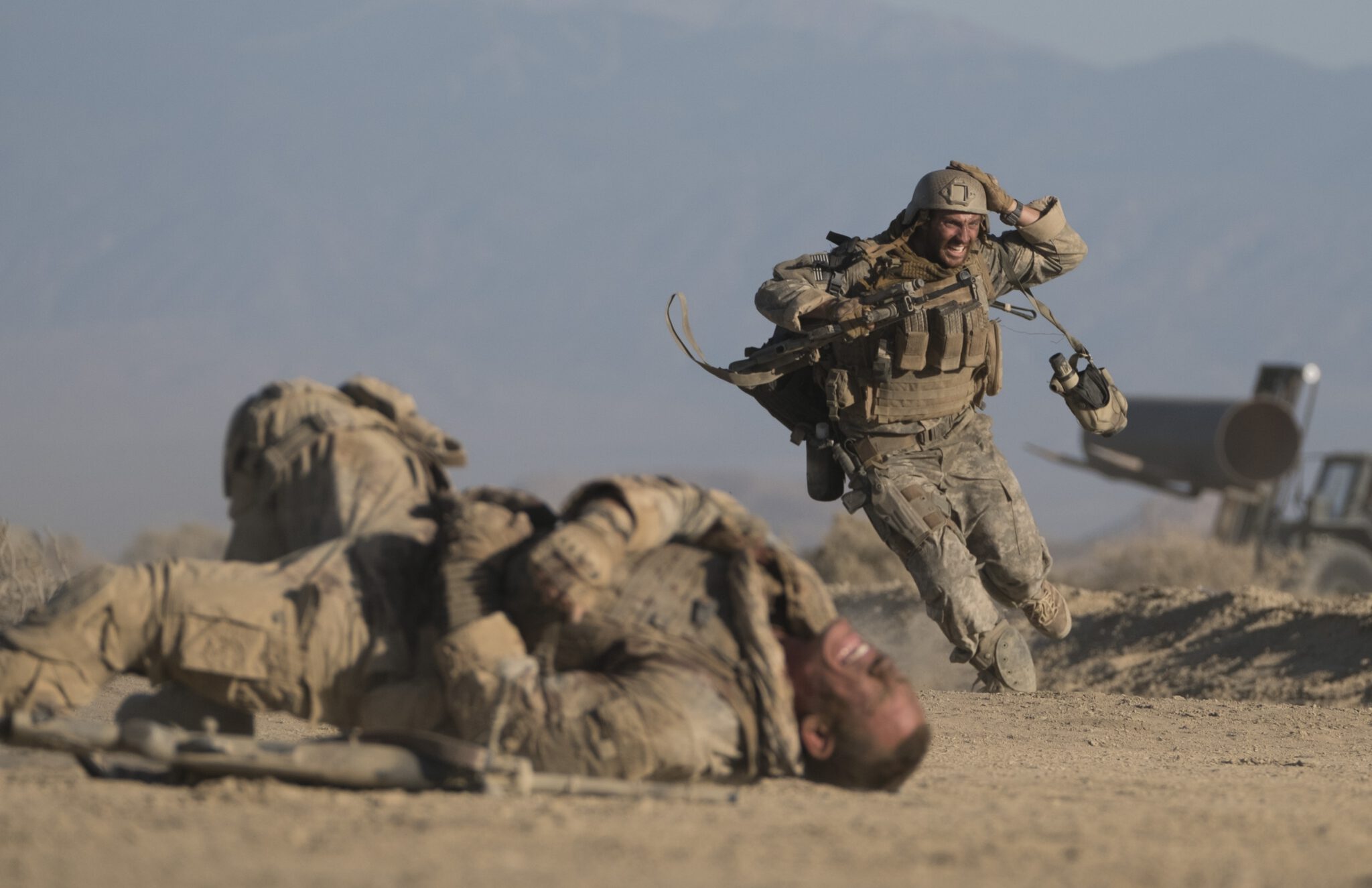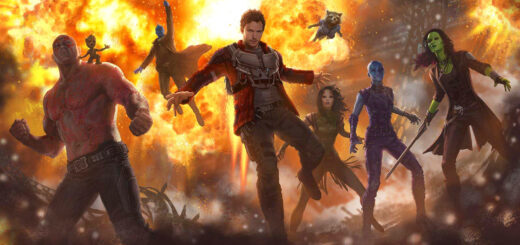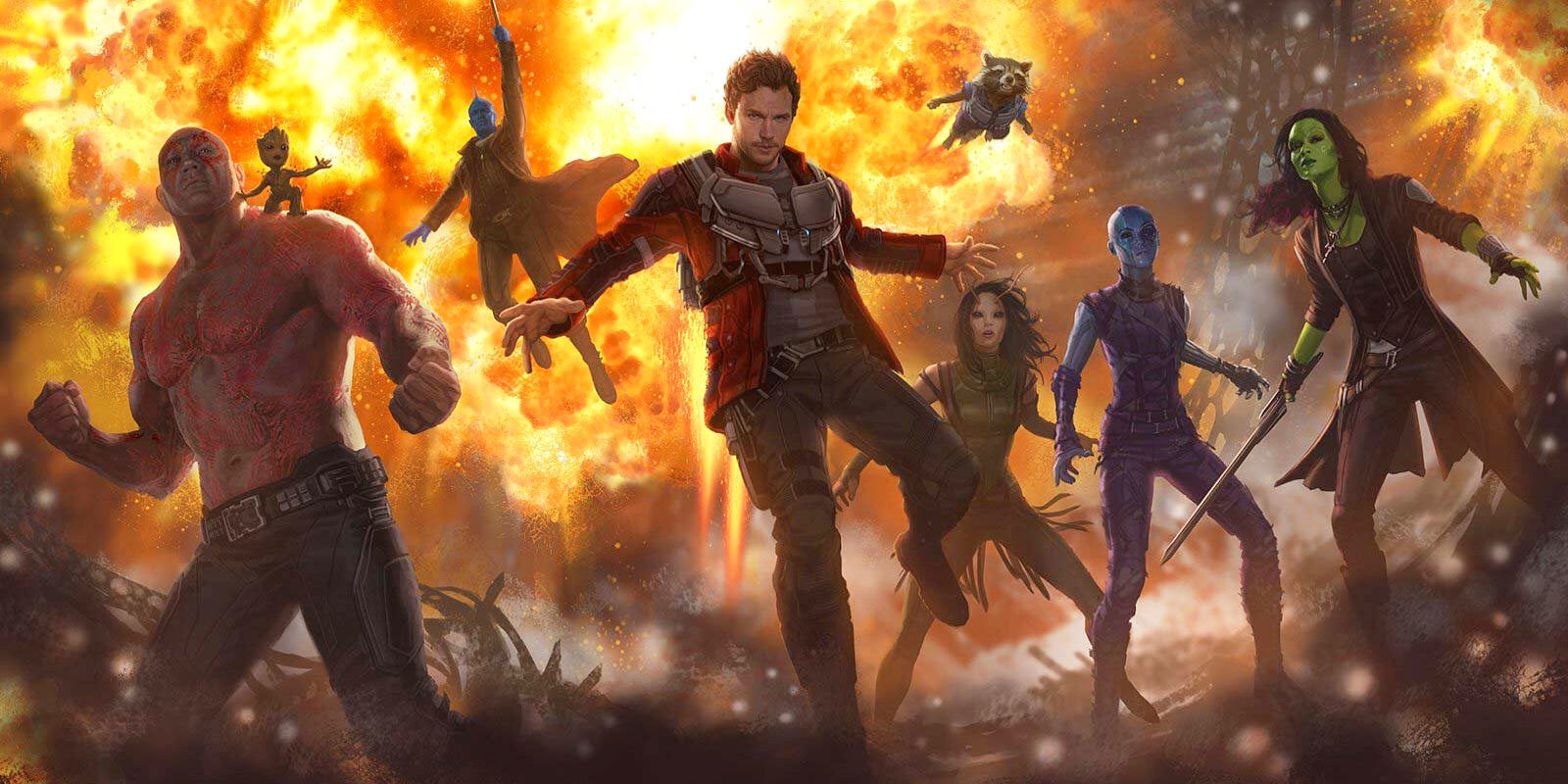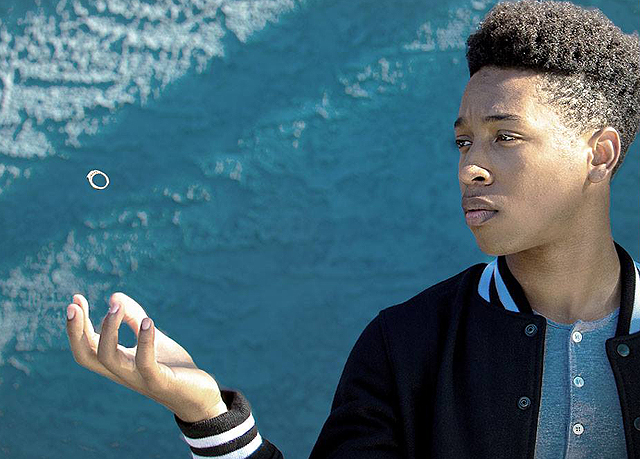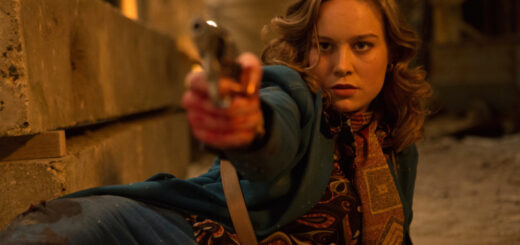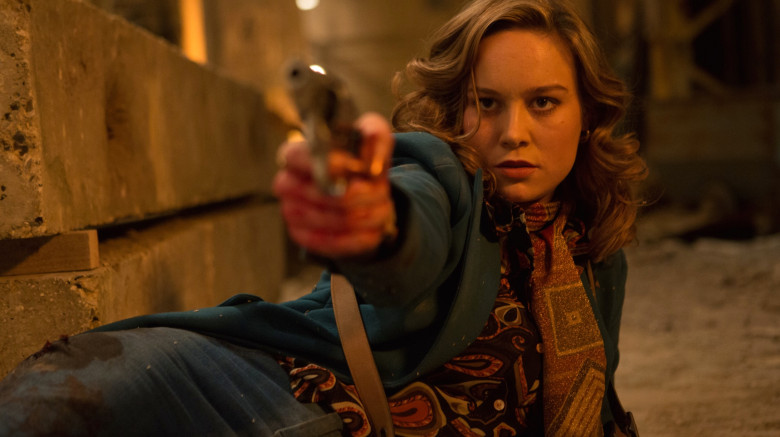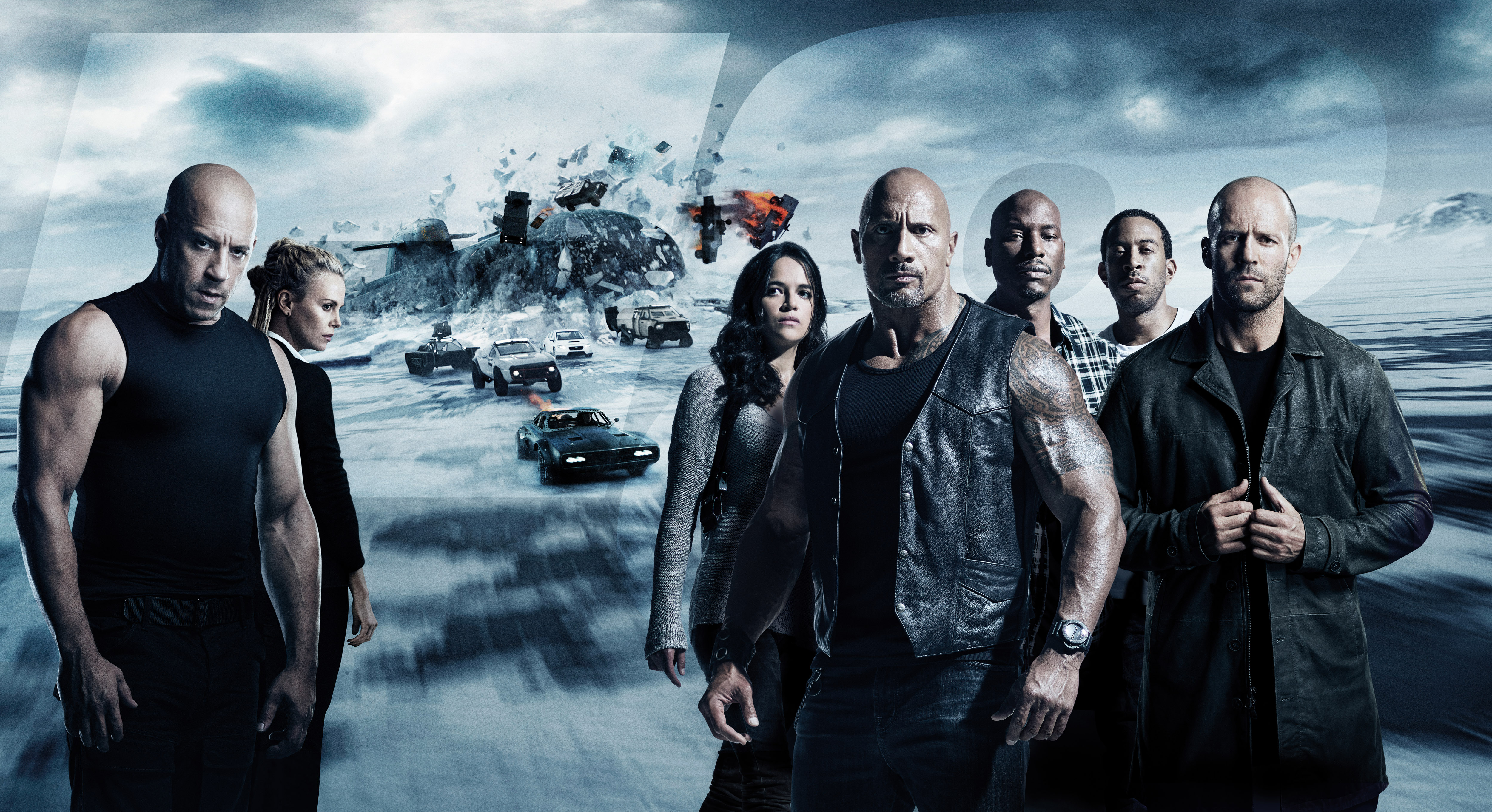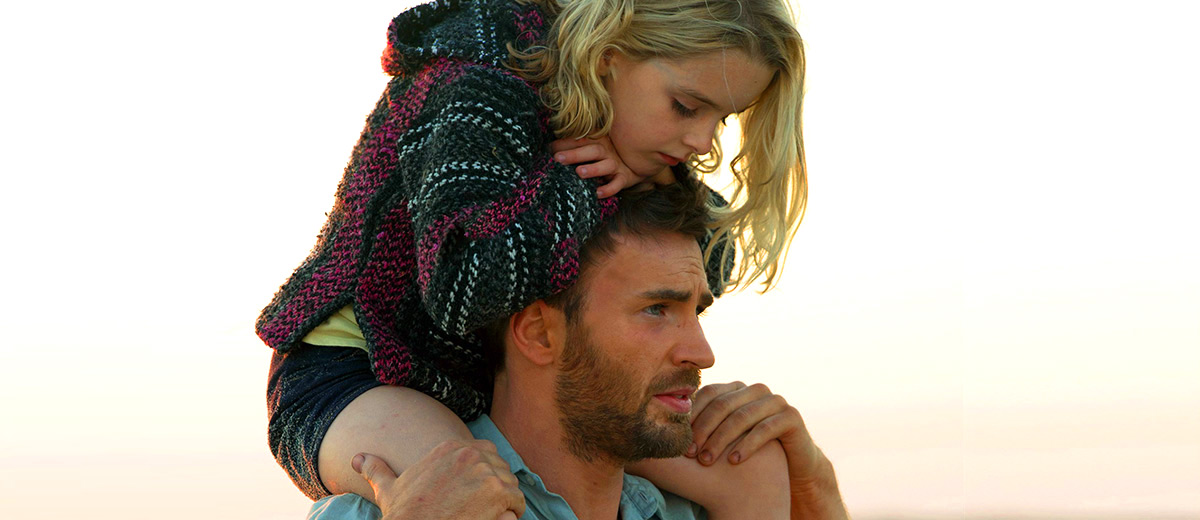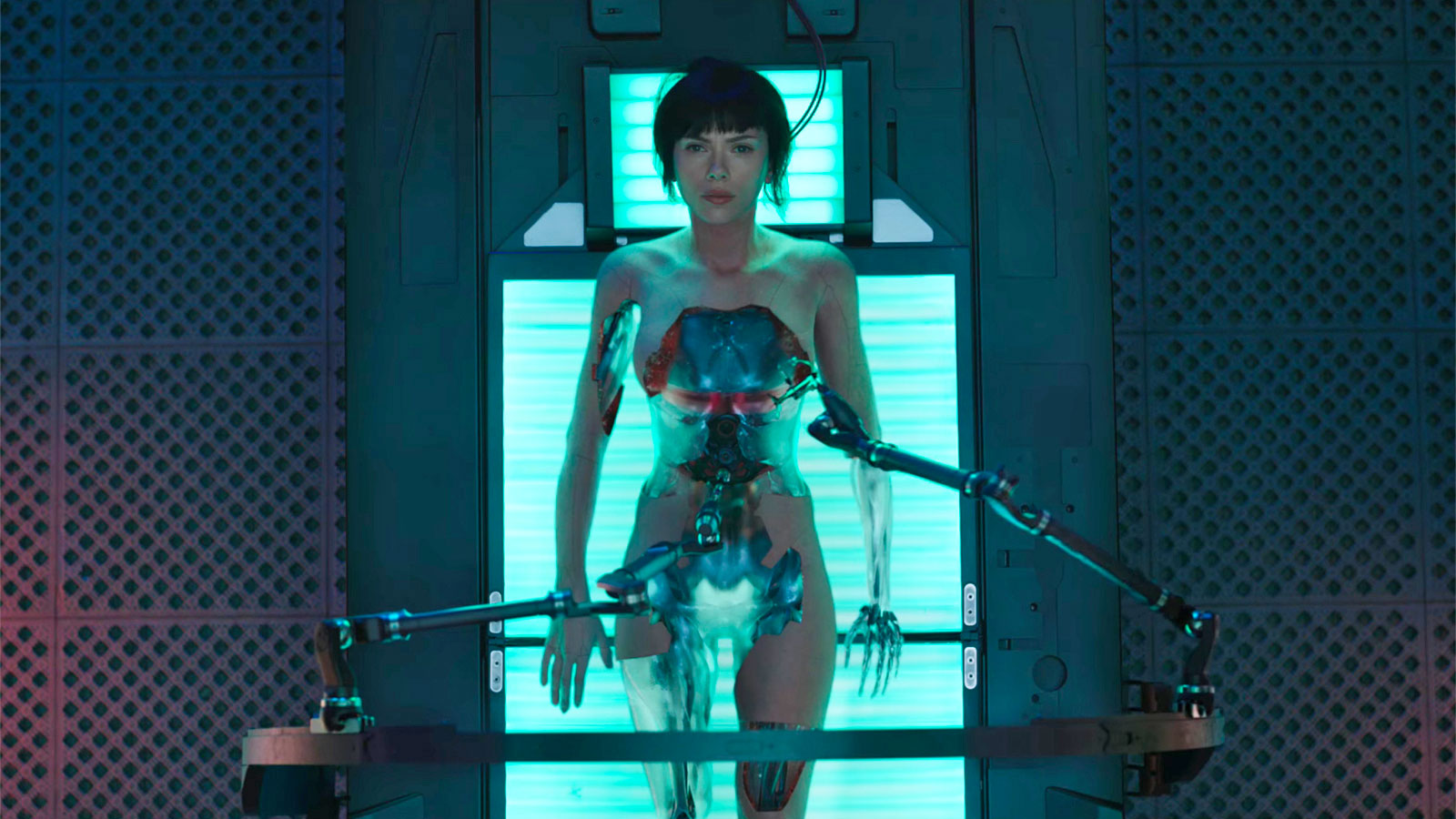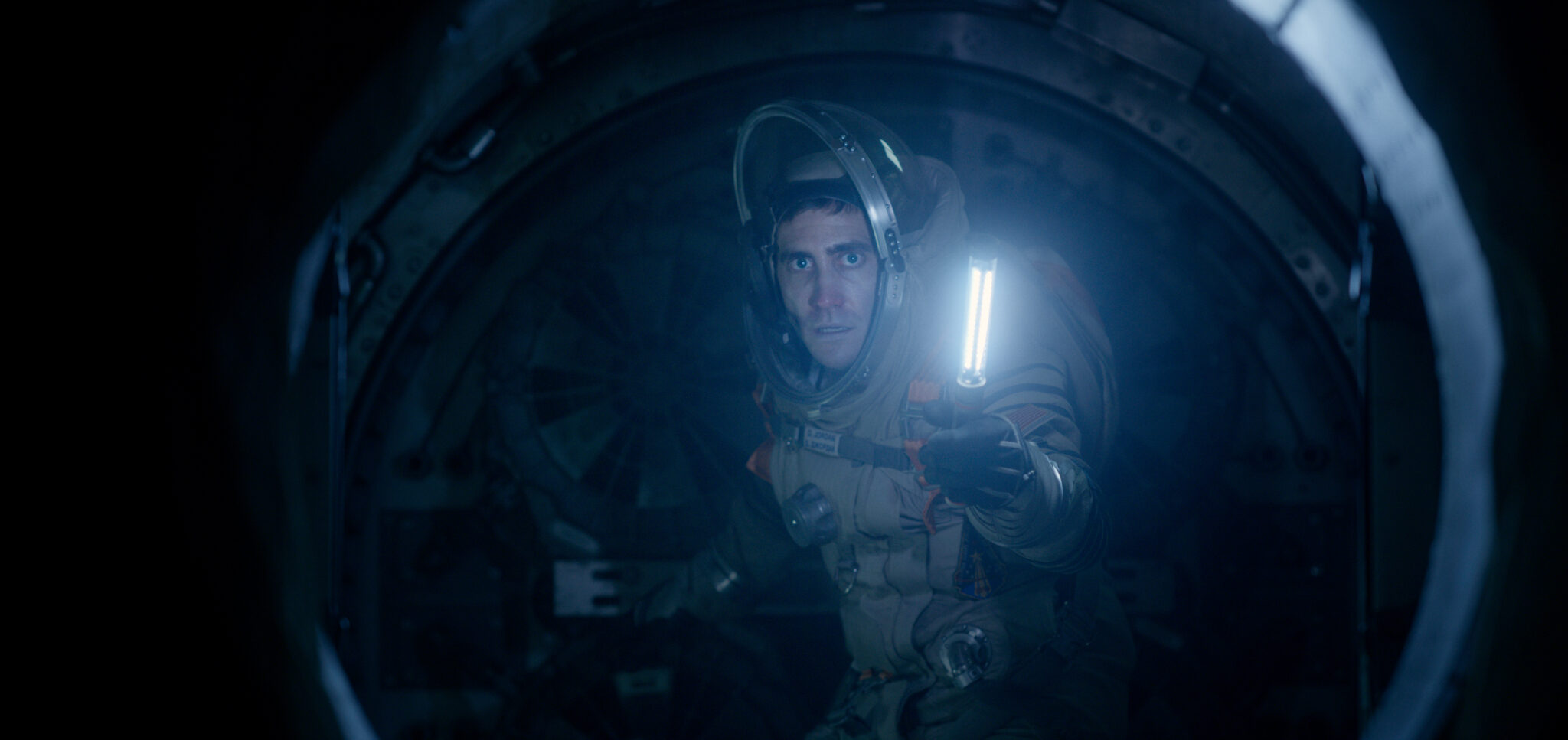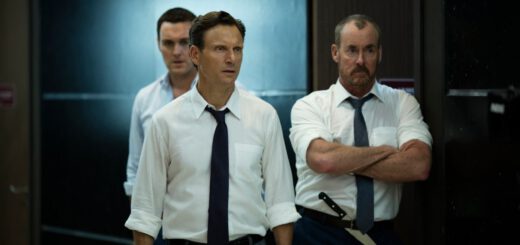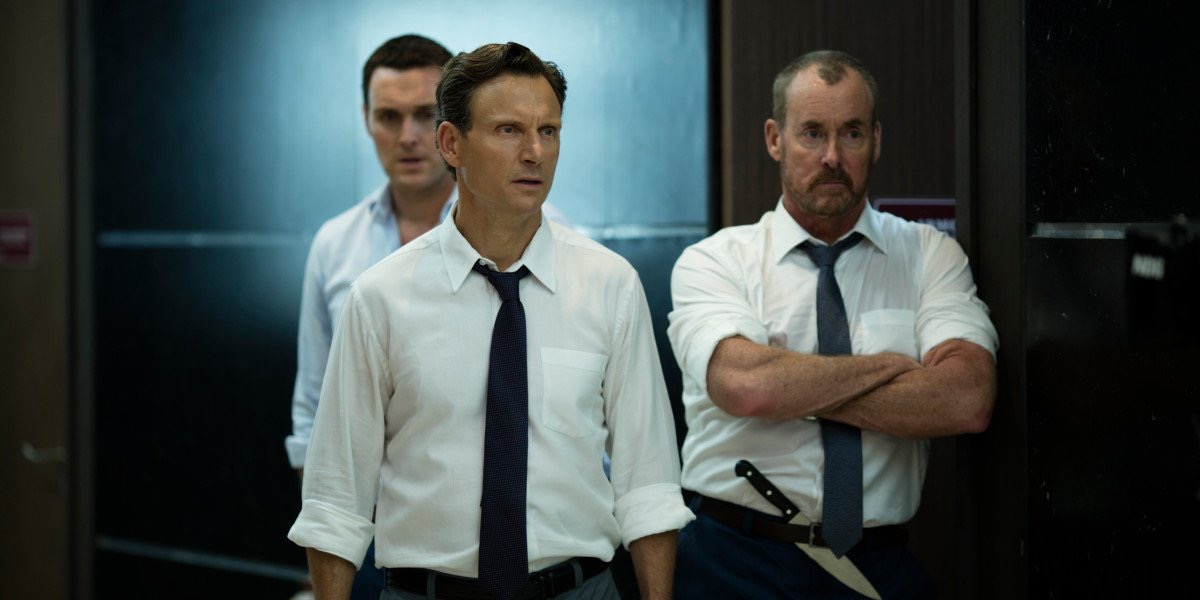Box Office Democracy: Alien: Covenant
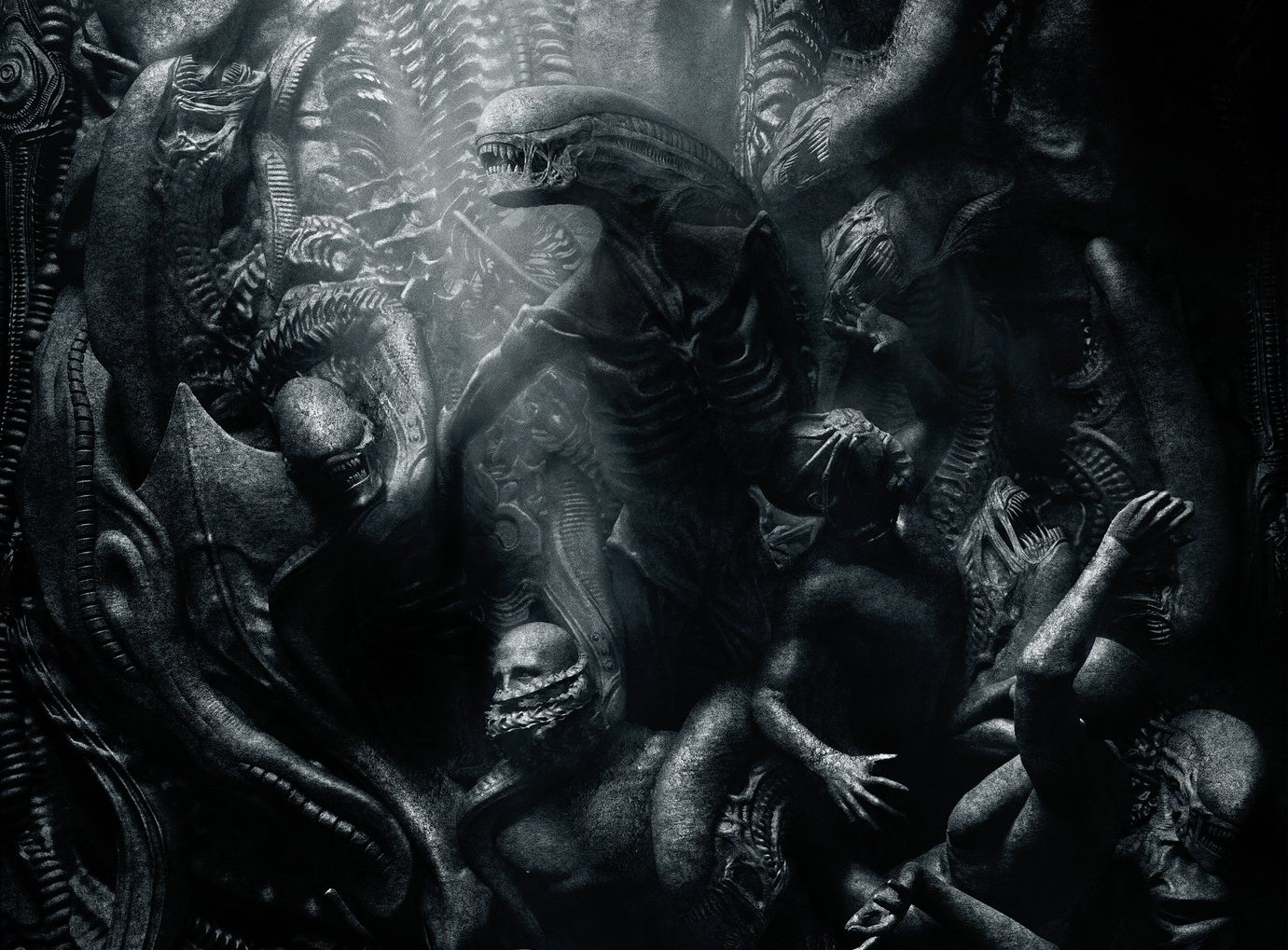
I’m not entirely sure what I can ask of Ridley Scott at this point. He’s made four or five honest-to-goodness classics and inspired an entire generation of science-fiction films. He doesn’t owe me anything and I’ll watch just about anything he puts out because I have that kind of faith in him as a filmmaker. He’s made a scary film with Alien: Covenant, but not one that I find particularly interesting. Scott seems obsessed with giving me lore I don’t want instead of a higher concentration of scenes with scary aliens.
It’s impressive that they made the grossest Alien movie yet. The one with the most visceral body horror. They topped the terribleness of the chestburster in this one by making the alien birth process less discrete and more, for lack of a better word, fluid-y. I don’t think it’s particularly worthwhile to discuss the particulars of the plot further. There are scary aliens, some you’ll recognize and some you won’t, that chase a bunch of humans you never quite care about around a distant planet that is suspiciously earth-like. This suspicion is both in the film and in the audience because it sure is cheaper to film in a planet that happens to be covered with plants from earth. There are other things to be scared of, it isn’t important really as long as you find something in each scene potentially terrifying. It definitely works as a horror movie; it will never be mistaken for a better Ridley Scott film.
Alien: Covenant is a movie carried by Michael Fassbender. Playing a robot that struggles with showing emotion seems like a big challenge as an actor, and playing two that each have different motivations and different ways of hinting at their true intentions is just an incredible performance. This prequel franchise is going to succeed or fail based on the audience willing to come and see more Alien-based horror, but artistically they’re inescapably linked to Fassbender at this point. I wouldn’t go see the next one (and there shouldn’t be a next one but we’ll get there) without him. He’s almost bigger than the Aliens at this point, even if I would kick him to the curb in a heartbeat for more Ripley.
The flaw in this movie is that I could not possibly care less about the origins of the Xenomoprhs. I didn’t watch any other Alien movie thinking “if only we knew where these things came from” or anything like that. Any explanation is going to make them less scary. A bump in the dark is more scary than anything you could show on camera. I won’t tell you the origins of the Xenomorphs, that would be cruel, but it’s not as good as whatever you had in your head, or even the non-explanation of “they’re just some terrifying aliens, those exist” that I had always assumed was the truth. This is a movie answering a question I never asked and don’t care about what they have to tell me.
I wish I knew why they thought Alien prequels were more interesting than Alien sequels. That what we want from a science-fiction horror franchise is less fantastical technology and more exposition. I wonder if the whole Alien braintrust learned the wrong lesson from Resurrection and have decided they can’t move further in to the future. I would rather watch an Alien without Weyland or synthetics or any of that rather than have more needless exposition shoveled on me. That’s not what they’re making though so I have to make do with what we have— a legitimately scary movie with one tour de force performance and a fair amount of useless prattle. Better than all the bad movies we’ll see this year full of useless prattle, I suppose.

